The Apex Court on Friday dismissed the plea regarding the ban on fresh sale and purchase of electoral bonds ahead of the upcoming state assembly elections. The court stated that since the bonds were allowed to be released in 2018 and 2019 without interruption, and sufficient safeguards were there, there was no justification to stay the electoral bonds at present.
The Supreme court dismissed the stay ahead of the State assembly elections to be held in five states, Kerala, Tamil Nadu, West Bengal, Puducherry and Assam.
What are Electoral Bonds?
Electoral Bonds are interest-free bearer instruments which are used to make donations anonymously to a political party. The instrument carries no information about the buyer or the party being donated to. These bonds are sold in multiples of Rs 1,000, 10,000, Rs 1 lakh, Rs 10 lakh and Rs 1 crore. It is sold only by the State Bank of India.
How does it work?
The buyer or the donor has to buy the bond from SBI. Through this, donations can be made to the political party of their choice. Now the party can encash it within 15 days from their verified account. In case, a political party doesn’t encash the money within 15 days, the bank deposits the said amount to the Prime Minister’s Relief Fund.
Why did the plea seek a ban on electoral bonds?
A plea seeking the ban on fresh sale and purchase of electoral bonds was filed with the apex court citing the reason of lack of transparency in the whole matter.
According to the amendment in the Representation of the People (RP) Act, political parties are not required to disclose any detail of the donations received through electoral bonds.
Before the bond was introduced, in cases of donations made above Rs 20,000, the political parties had to disclose details of the donations and the donors. Since the introduction of the bond, making political donations without disclosing information has become easy for all.
The party can as and when required can get the details from the bank. However, only the voters ie, the taxpayers remain unaware of the donations made, leading up to a lack of transparency in the whole process.
In order to bring more transparency into the system, the plea was filed with the supreme court.

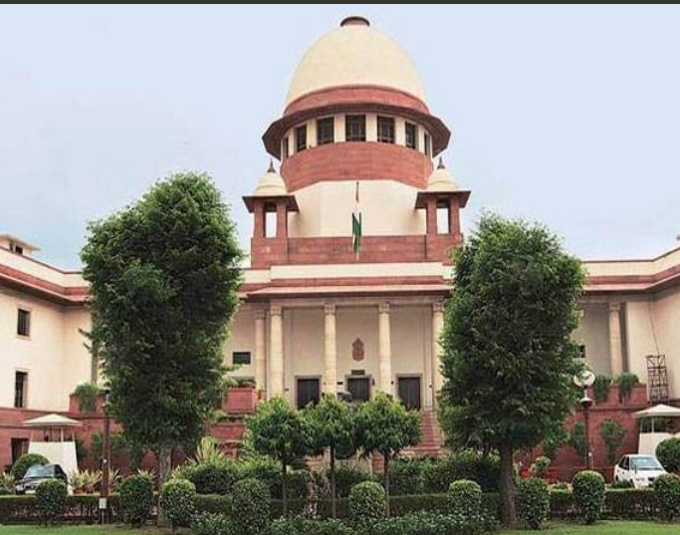
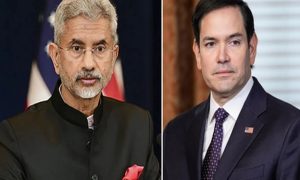

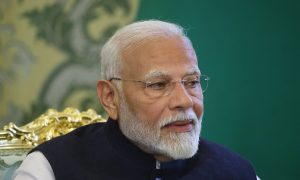







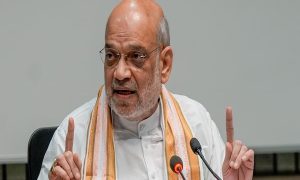



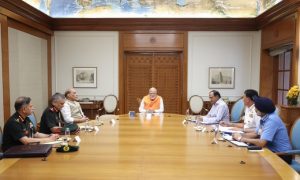

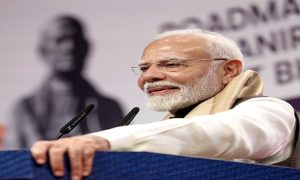

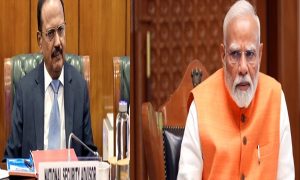

 WhatsApp us
WhatsApp us